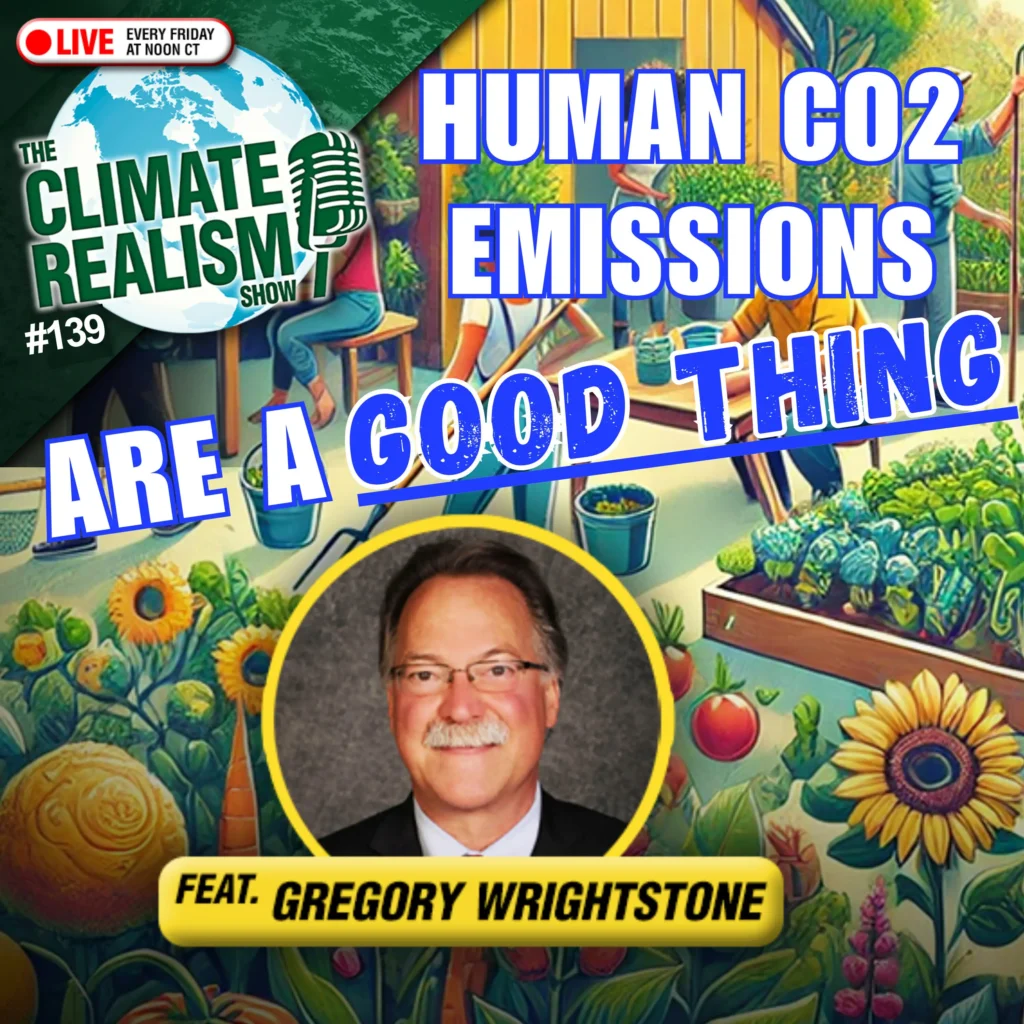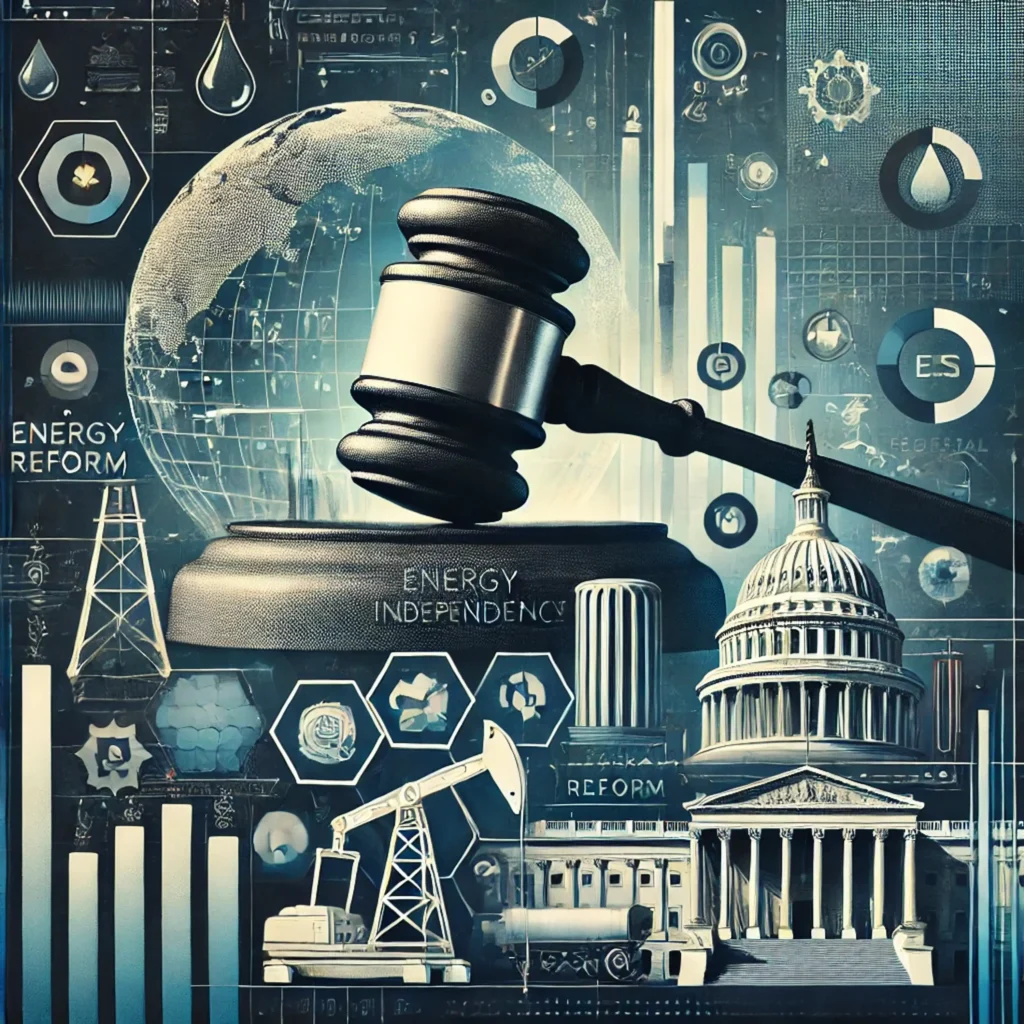MARCH 15, 2012 – The Heartland Institute today sent a letter to Rep. Edward Markey (D-MA), responding to Markey’s February 24 request for confirmation of the authenticity of stolen and forged documents distributed by Pacific Institute President Peter Gleick.
The scandal is known as “Fakegate” because one of the documents, supposedly describing Heartland’s “climate strategy,” was not written by anyone associated with The Heartland Institute and does not reflect Heartland’s work on environmental policy. Gleick has claimed he received the memo “in the mail” from an anonymous source.
In his reply to Rep. Markey, Heartland Institute President Joseph Bast writes, “Your letter repeats several false statements that appeared in the fake memo and have been circulated widely in the press. We thank you for this opportunity to set the record straight about our position on climate change.”
For more information on this scandal, visit Fakegate.org and Heartland.org. Media questions and requests for interviews may be directed to Tammy Nash at [email protected] and 312/377-4000 or Jim Lakely at [email protected].
The Heartland Institute is a 28-year-old national nonprofit organization with offices in Chicago, Illinois and Washington, DC. Its mission is to discover, develop, and promote free-market solutions to social and economic problems. For more information, visit our Web site or call 312/377-4000.
March 15, 2012
Hon. Edward J. Markey
Ranking Democratic Member
U.S. House of Representatives, Committee on Natural Resources
Washington, DC 20515
Dear Rep. Markey:
In reply to the three questions posed in your letter to me of February 24, 2012:
(A) Documents 1-7 in the list you provided appear to be copies of confidential documents produced by The Heartland Institute and stolen by the Pacific Institute’s Peter Gleick. The eighth document in your list, titled “2012 Heartland Climate Strategy,” is not an authentic Heartland document or draft document. Peter Gleick claimed to have received this memo from an anonymous source, then falsely represented it as having come from The Heartland Institute.
(B) The inaccuracies of the eighth document are documented in the attached memo, titled ” An Analysis of the Forged ‘Heartland Climate Strategy’ Memo,” which was posted on The Heartland Institute’s Web site on February 27. I am not aware of any “different authentic” documents that match your description.
(C) Documents 1-7 in your list have not been revised by Heartland staff since they were stolen by Peter Gleick. Document 8, the fake memo, is not an authentic Heartland document or draft document, therefore I do not know whether or not it has been changed. I suggest you ask the Pacific Institute if they know.
Your letter repeats several false statements that appeared in the fake memo and have been circulated widely in the press. We thank you for this opportunity to set the record straight about our position on climate change.
The stolen documents show The Heartland Institute addresses a wide range of topics, including school reform, health care policy, tax and budget issues, telecommunications, and insurance. Nearly all the funds we receive from our corporate donors are earmarked for research and education on those subjects, and not climate change.
The fake memo erroneously claimed that we received $200,000 from the Charles Koch Foundation to support our work on climate policy. In fact, that foundation gave only $25,000 – less than 1/2 of 1 percent of our budget – and the gift was earmarked for health care reform. The Charles Koch Foundation has publicly stated the correct amount and the project for which it was earmarked.
Similarly, the fake memo erroneously states that Heartland intends to fund its climate policy work “especially from corporations whose interests are threatened by climate policies.” In fact, Heartland gets very little funding from fossil fuel companies for its climate policy activities and does not intend to focus its fund raising efforts on fossil fuel companies.
The fake memo also states that Heartland’s K-12 education project aims at “dissuading teachers from teaching science.” This is absolutely untrue. Our goal is for teachers to teach more science, not less. Our K-12 education project is accurately described in one of the Heartland documents (No. 2 on your list) as follows:
[begin excerpt]
H.Global Warming Curriculum for K-12 Schools
Many people lament the absence of educational material suitable for K-12 students on global warming that isn’t alarmist or overtly political. Heartland has tried to make material available to teachers, but has had only limited success. Principals and teachers are heavily biased toward the alarmist perspective. Moreover, material for classroom use must be carefully written to meet curriculum guidelines, and the amount of time teachers have for supplemental material is steadily shrinking due to the spread of standardized tests in K-12 education.
Dr. David Wojick has presented Heartland a proposal to produce a global warming curriculum for K-12 schools that appears to have great potential for success. Dr. Wojick is a consultant with the Office of Scientific and Technical Information at the U.S. Department of Energy in the area of information and communication science. He has a Ph.D. in the philosophy of science and mathematical logic from the University of Pittsburgh and a B.S. in civil engineering from Carnegie Tech. He has been on the faculty of Carnegie Mellon and the staffs of the U.S. Office of Naval Research and the Naval Research Lab.
Dr. Wojick has conducted extensive research on environmental and science education for the Department of Energy. In the course of this research, he has identified what subjects and concepts teachers must teach, and in what order (year by year), in order to harmonize with national test requirements. He has contacts at virtually all the national organizations involved in producing, certifying, and promoting science curricula.
Dr. Wojick proposes to begin work on “modules” for grades 10-12 on climate change (“whether humans are changing the climate is a major scientific controversy”), climate models (“models are used to explore various hypotheses about how climate works. Their reliability is controversial”), and air pollution (“whether CO2 is a pollutant is controversial. It is the global food supply and natural emissions are 20 times higher than human emissions”).
Wojick would produce modules for Grades 7-9 on environmental impact (“environmental impact is often difficult to determine. For example there is a major controversy over whether or not humans are changing the weather”), for Grade 6 on water resources and weather systems, and so on.
[end excerpt]
As this description makes clear, we seek to improve rather than undermine the teaching of science in K-12 schools. Dr. Wojick is highly qualified to conduct this project. The fact that this project is not a secret or in any way covert is shown by the fact that it is described in our latest membership newsletter, which is posted prominently on our Web site.
Is an effort to create a curriculum that “isn’t alarmist or overtly political” the same thing as “denialism” or being “anti-climate”? I hope the answer is obvious to you. The magnitude of a human effect on climate is not settled science. Scientists who point this out are not “deniers,” they are in the mainstream of the scientific community.
The fake memo further states that Heartland thinks “it is important to keep opposing voices out” of publications such as Forbes.com. Once again, the truth is just the opposite. Heartland spokespersons debate other experts at fora all across the country and Heartland invites persons who disagree with it to speak at its own events.
Finally, your repeated claim that the documents were “leaked” is incorrect. As noted above, Peter Gleick has admitted to obtaining documents 1-7 under false pretenses. No one at Heartland “leaked” these documents to the press. We continue to ask that the stolen documents, along with the forged document and commentary based on it, be removed from Web sites and that retractions be issued.
In conclusion, we appreciate your interest in our work and the opportunity to clarify our programs and positions.
Sincerely,
Joseph L. Bast
President




